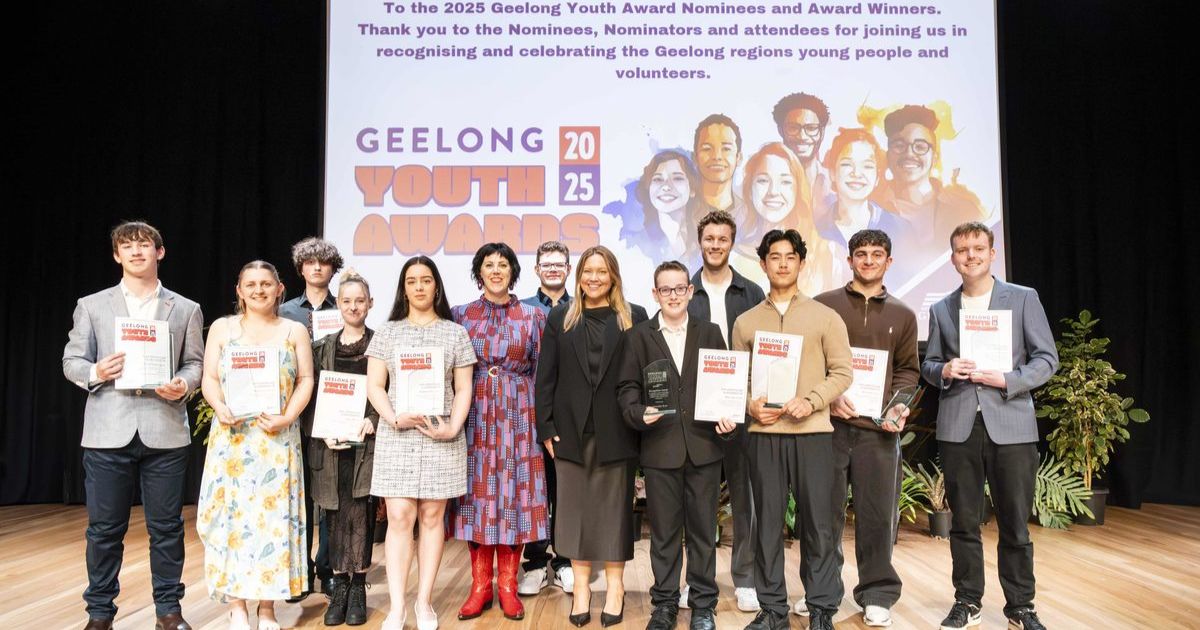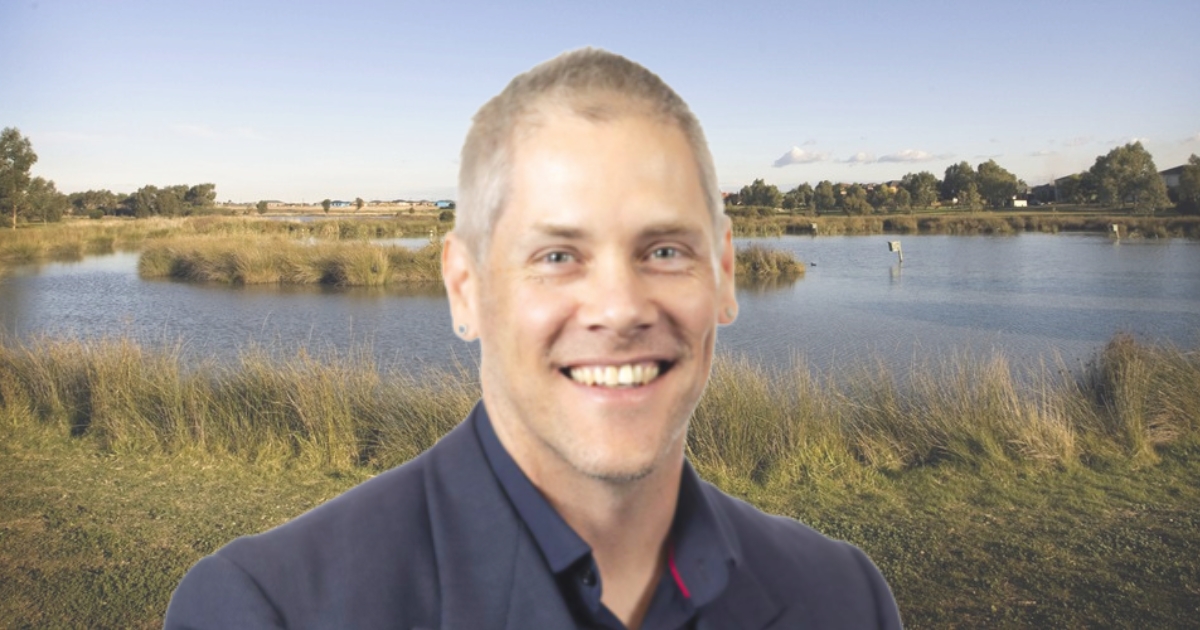GNA secures relief grant to educate community

The Geelong Nepalese Association recently received a prestigious "Excellence in Initiative, Leadership and Advocacy Award" for the work it has done for the Greater Geelong community. Mr Karanjeet (middle) is accepting the award. Photo: SUPPLIED
THE Department of Health has awarded Geelong’s Nepalese community with a grant to assist educating members to live safely with the ongoing COVID-19 pandemic.
The Geelong Nepalese Association (GNA) successfully received a $22,000 grant from the state’s health department under its Community Response Fund.
“This funding will definitely give our community some outcomes and we are very grateful for the department to provide us the funding,” GNA president Niraj Karanjeet said.
The association will use the grant to make an educational video about living with COVID, and host community workshops to inform individuals about virus transmission, and testing.
The initiative also includes registered Nepali-speaking nurses visiting homes to explain testing methods such as Rapid Antigen Tests.
“The main things we will look to focus on in this grant is supporting communities to self-manage and live safely with COVID,” Mr Karanjeet said.
Geelong’s Nepalese community has enjoyed the easing of restrictions over the past few months, conducting its annual Holi Festival in late-March.
Nevertheless, Mr Karanjeet knows the community needs to stay informed living with a looming virus.
“We are definitely excited for the future, but we need to continue teaching our community members how to safely live with COVID,” Mr Karanjeet said.
“There are less restrictions now so hopefully these extra funds will be of great assistance down the track.”
The GNA remains active in fighting the pandemic, providing ‘COVID relief packages’ since the pandemic began to Nepalese residents living in Geelong and Surf Coast.
To date, the association has raised more than $2500 from Geelong community members to purchase oxygen cylinders, donating them to three organisations based in Nepal to distribute to families in addition to $25,000 raised in Geelong from two GNA funding events.
“GNA is passionate about preserving community unity and intercultural relationships, connecting people, strengthening communities, and promoting inclusion and belonging,” Mr Karanjeet said.

















